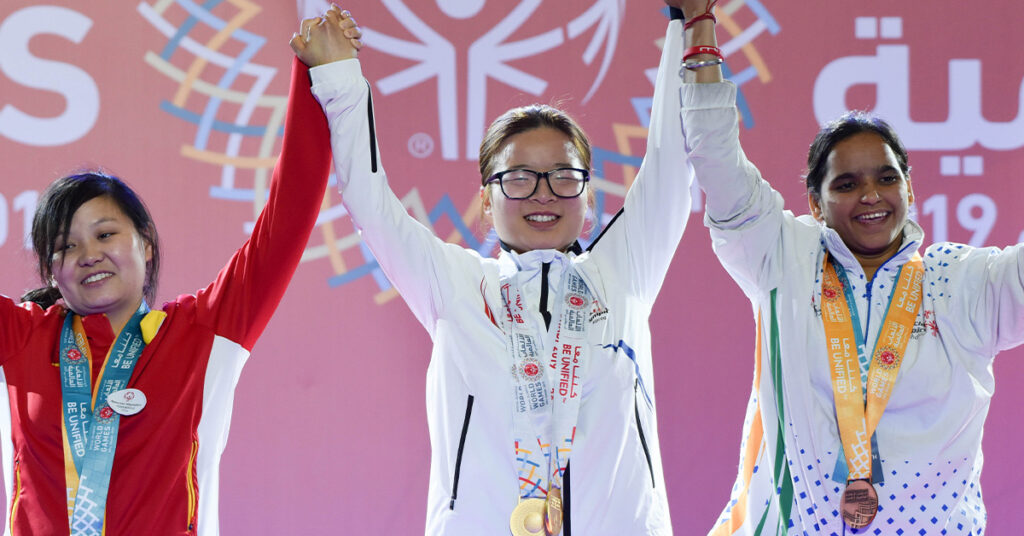“The days of separation and segregation are over.” These are the words that define the beginning of Inclusion Revolution, the global campaign by Special Olympics International aimed at ushering in a world of full inclusion.
It is high time to transform the way society works and encourage genuine acceptance of diversity. But what do we exactly mean when we say “inclusion”? In this article, we introduce Special Olympics’ five-year global campaign and how you can take part.
What is inclusion?
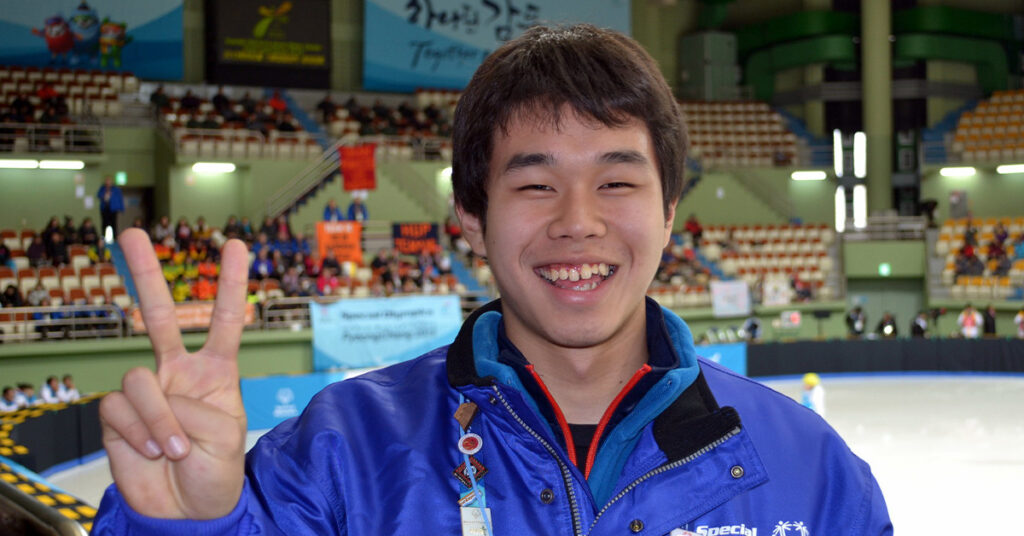
The concept of inclusion is increasingly becoming popular as people develop better awareness of social justice. There are people who believe that inclusion is not just a concept, but a philosophy that promotes the idea of acceptance amid diversity. It espouses that everyone belongs, regardless of anyone’s unique circumstance.
Social inclusion has become a significant call among people with intellectual disabilities. It not only gives them recognition, but also allows them to participate and contribute to society in a variety of endeavors including competitive sports.
Special Olympics is one with this call for inclusion. Specifically, we believe that the right mindset when celebrating persons with disabilities is not to emphasize on how they manage in spite of their circumstance. Instead, we should look at this as an opportunity to celebrate all unique abilities.
Can you imagine a world where people do not prioritize the abilities we lack, but rather focuses on those we have? When all people are included in all aspects of society, we’re more likely to see the person rather than focus on their disability.
Going beyond sports representation
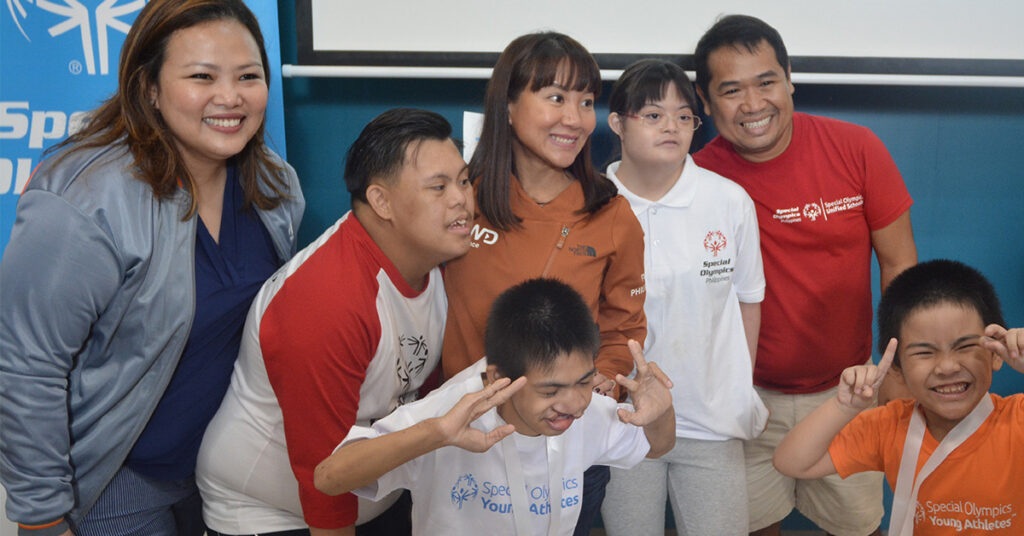
Since 1968, Special Olympics has been promoting the inclusion of persons with intellectual disabilities through competitive sports. More than the medals and the accolades, Special Olympics give people with disabilities the confidence and reassurance that they deserve to be recognized in spaces that previously disregarded their existence.
With more than five million Special Olympics athletes all over the world, the full inclusion of people with intellectual disabilities is slowly, but surely becoming a reality. Popularizing full inclusion through sports may have been a success, but the work does not end there.
Beyond sports representation, even more important aspects of inclusion to address are employment, education, and healthcare, among others. We believe that we have earned the right to be treated with dignity, as an equal of those without disabilities.
Inclusion Revolution—a legacy and now a reality
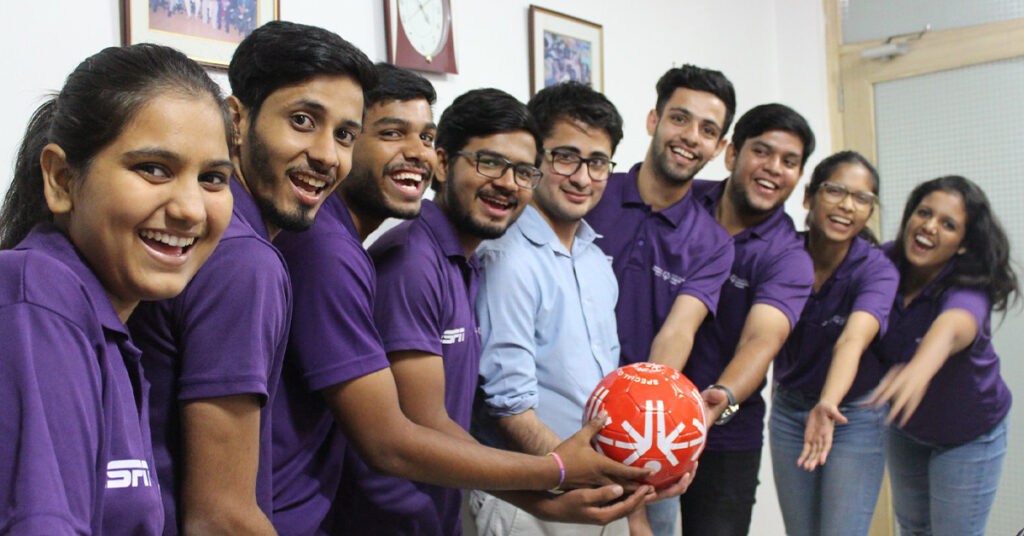
In 2018, Special Olympics International launched a new campaign to end discrimination against people with intellectual disabilities and to create a fully inclusive world. Also called The Revolution is Inclusion, the global campaign aims to engage and activate 100 million people across the world and to raise $100 million for the transformative work of Special Olympics.
“Despite progress, exclusion is still the reality for millions of people with intellectual disabilities in every aspect of their lives—from sports and health to education and leadership,” said Timothy Shriver, Chairman of Special Olympics, in the official announcement.
Inclusion Revolution will run for five years, opening opportunities for both online and in-person involvement. The campaign will encourage people to sign the Inclusion Pledge as a demonstration of their commitment to join the movement. Moreover, it also aims to serve as the precursor to changing perceptions of people with intellectual disabilities.
Special Olympics International acknowledges the progress we’ve collectively made as a society with regards to how we see persons with intellectual disabilities. However, they remain typecasted as dependent people with limited potential, when they can actually be independent, productive, world-class athletes, employees, and leaders—if, and only if, they were given ample opportunity to make their potential known.
With our sports training and athletic competitions, Special Olympics’ strategic shift to focus on ending discrimination against people with intellectual disabilities will strengthen the impact of our work in sports, health, and youth engagement—bridging gaps in access and opportunity for the largest marginalized sector in the world.
Inaugurating the global campaign, Shriver urged everyone to make inclusion part of their life’s mission, calling on to different sectors: the youth, educators, health professionals, policy makers, and employers.
Why become a champion of inclusion
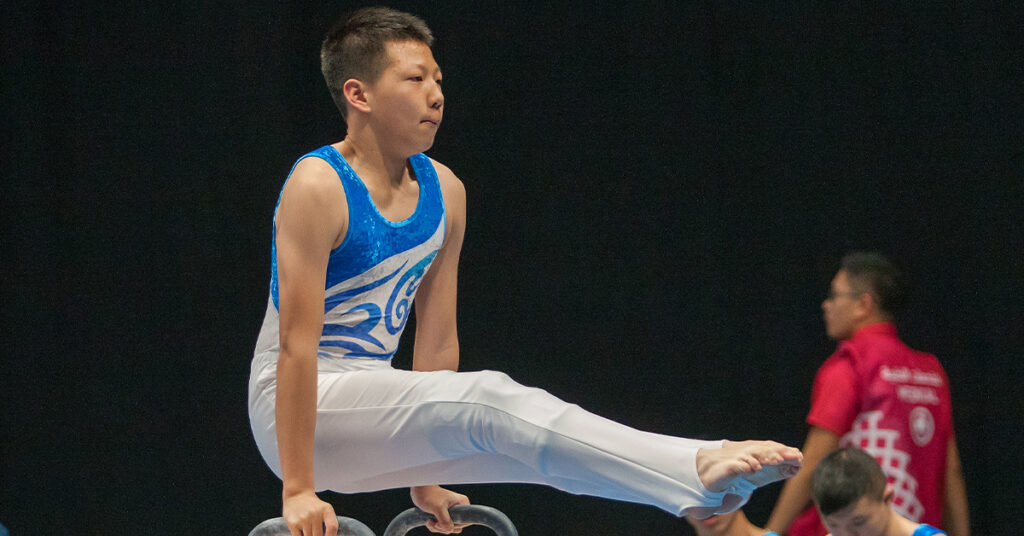
By taking part in Special Olympics International’s Inclusion Revolution campaign, you can help create awareness about bullying.
This aggressive behavior is a manifestation of the so-called power imbalance in society. Those who are perceived to be weak, including people with intellectual disabilities, most often become the recipients of such aggression. Promoting inclusion will make people more aware about equality and diversity. With knowledge comes understanding, and then acceptance.
Special Olympics Pilipinas is bent on moving forward decades after the global movement for inclusion was founded. By signing the Inclusion Pledge and sharing it with your peers, you become part of a global movement committed to making sure that no one is left behind.
The world is not a perfect place and it is far from ideal, especially from the point of view of people with disabilities. But whatever challenges you are facing today, we can only look at them and seek inspiration from their strength and steadfastness. Inclusion has a way of changing people’s mindsets.
When you participate in the Inclusion Revolution, you can take part in changing social constructs and reduce biases.
To know more about our national activities, visit Special Olympics Pilipinas.

